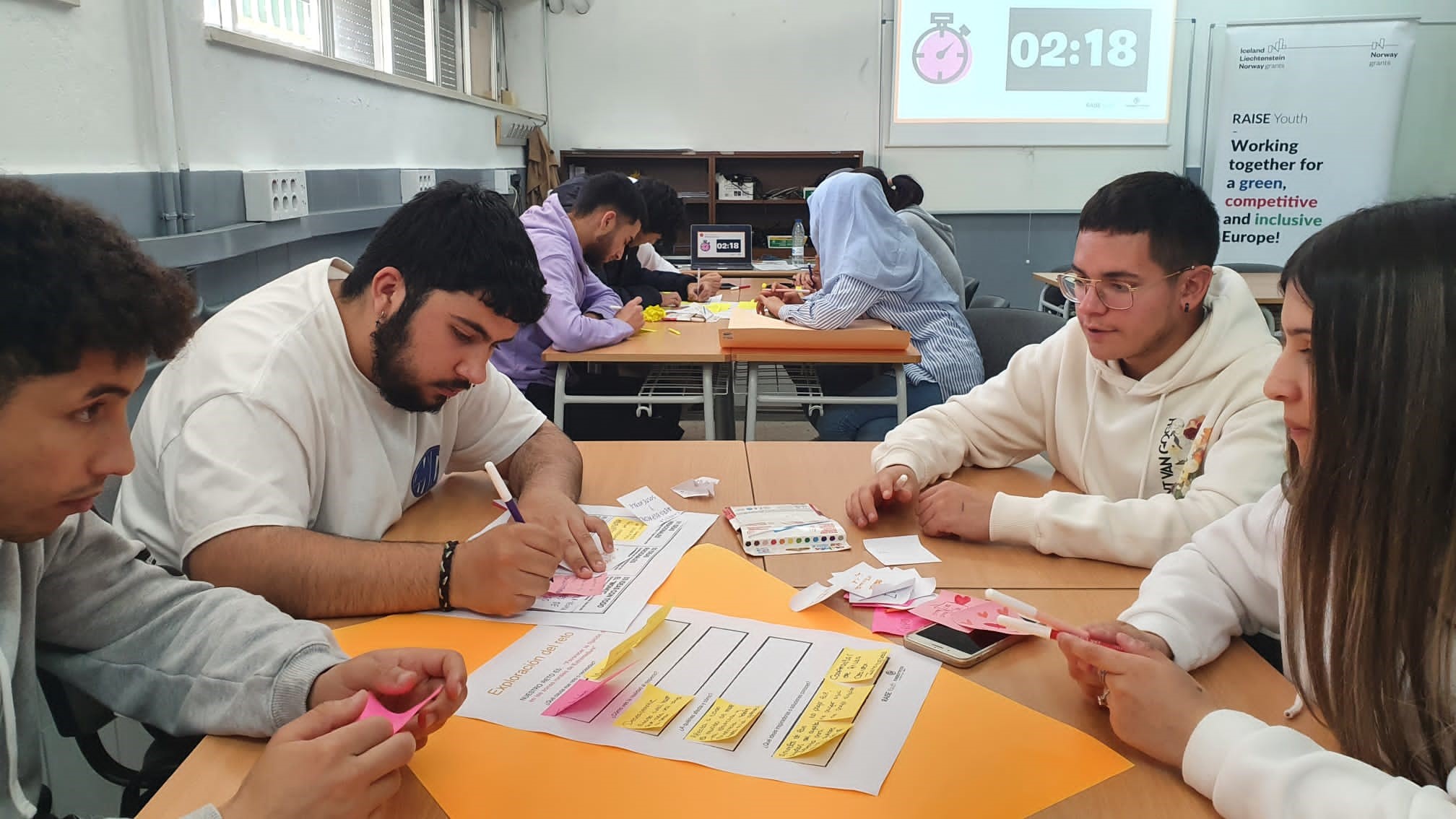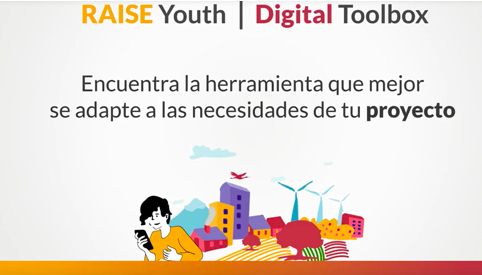The engagement of youth in formal trainings in Extremadura has always been a topic of heated debate in the region. Prior the economic crisis of 2008, the school drop-out rate was at 38.1% on 2022, peaking at 39.4% on 2009, but thanks to the efforts of the national and regional government, this rate has been on a steady decrease for the last 20 years. As per the last data published by official sources, the rate of school drop-out in Extremadura hit an all-time low rate of 10,8%, making it the sixth lowest rate in the country and way below the national average of 13,9%. We can also see the impact the COVID-19 pandemic had in this rate, as there was a steep decrease in the between the years 2019 and 2022, going from a 20,5% to the current 10,8% dropout of today.
This decrease of the number of young people that did not finish formal education, considered here as those that did not finish the compulsory secondary school training itinerary, translated not only in an increase in those enrolled in upper-level education such as university, but also in those enrolled in middle and higher-level vocational training. According to the latest report published by the Ministry of Education and Vocational Training of Spain, there has been a significant increase in the number of enrollments in middle and higher vocational training, going from 377.937 students enrolled in the school year 2016-2017 to 531.864 students on the year 2021-2022, with the most popular training programmes being related to IC technologies and the health sector.
But even though Extremadura has this very well-trained youth, different organizations related to youth engagement, like NGOs and specific departments and organizations from the public sector, and those specialized in innovation, technology and science, such as the Technological and Scientific Park of Extremadura, detected that there is a lack in digital skills not only from youth, but also from the private sector. It seems counterintuitive that a society that is so connected and with so many digital tools at the reach of their hand lacks the technical capabilities to use them properly, and that also applies to private companies that are supposed to be using digital tools and having an online presence in today’s digital market.
To help build these digital capacities, the team of FUNDECYT-PCTEX within the context of the RAISE Youth project has launched the RAISE Youth Digital Toolbox, an online repository of digital tools, trainings and other resources that can be used by young NEETs, entrepreneurs and companies alike. This web-app follows the No Code philosophy, a movement that believes that coding should not represent a barrier to entry when someone wants to build something digital and that actively create tools and resources that can be applied in a simple, non-technical way, but can get at some of the powerful capabilities that is possible through coding.
Apart from this platform, the efforts of FUNDECYT-PCTEX culminated with the celebration of a webinar that served as a meeting point between young NEETs, job promotors and the private sector were those who attended could see the whole potential of the tools present in the toolbox, as well as create a small network of collaboration that would help them upskills their digital capabilities.
There are also other efforts being made in the territory to help improve the digital capabilities of society in general but of young people in particular. At the beginning of June, the Citizenship Skills Plan in Extremadura (Plan de Competencias para la Ciudadanía en Extremadura) was officially launched. Designed together with the Directorate General for the Digital Agenda of the Regional Government of Extremadura, the Extremadura Rural Development Network (REDEX) and the 24 Local Action Groups of Extremadura, this Plan, which has Next Generation funds and will run from mid-2023 to mid-2025, aims to contribute to the elimination of the digital divide through training capsules related to digital skills, e-administration and electronic procedures. With a budget of more than 3 million euros for the 24 rural districts of Extremadura, it is expected to train 16,000 people in the region, more than 600 people per district.
It is true that we can conclude that there is a challenge that society face regarding the upscaling of digital skills in today’s society, but efforts are being made from public institutions to help counter this phenomenon. By making digital tools and technology accessible to the population and by enabling them to use it correctly, we expect that, gradually, society will be able to acquire the digital skills needed to use technology competitively.



